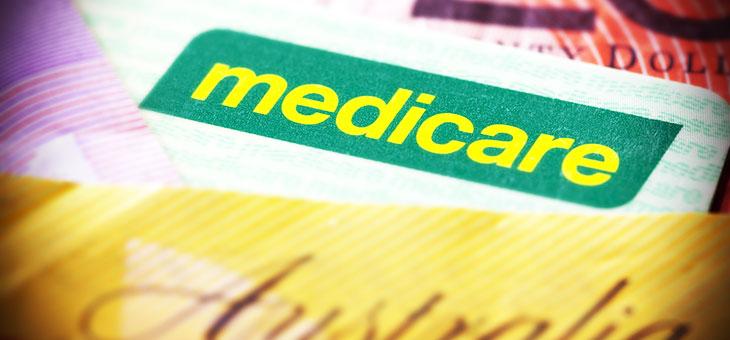If older Australians are looking for where they will benefit most from a budget surplus, health is where they may find it.
The Government aims to increase health spending by around $7.7 billion over the next five years, mainly by increasing the number of items and services on the Pharmaceutical Benefits Scheme (PBS), the Repatriation Pharmaceutical Benefits Scheme (RPBS) and the Medicare Benefits Schedule (MBS).
Around $308.9 million will go towards giving the community more access to and reducing the cost of Magnetic Resonance Imaging (MRI), ultrasound and x-ray diagnostic imaging services. So, you can expect lower waiting times for Medicare-subsidised scans and diagnostic services.
The Government also plans to restrict co-claiming of diagnostic services, promote the use of modern diagnostic imaging equipment, simplify rules, remove obsolete services and implement more recommendations from the independent clinician-led Medicare Review Taskforce.
Could this mean a slowing of soaring health insurance premiums and translate to lower specialist fees?
New items for the diagnosis of breast cancer will be added to the list, as will increased funding for the operational costs of the Australian Breast Device Registry, Cardiac Device Registry, Australian and New Zealand Hip Fracture Registry and the Australian Trauma Registry to support improved clinical care and better patient outcomes.
A new Medicare heart check designed to assist in reducing the prevalence of heart disease by enabling assessment of cardiovascular risk will also be added to the MBS.
Around $1.1 billion will support primary care and improve frontline health services for Australians, including high-needs patients; those with chronic disease; those who live in remote, rural and regional areas and in aged care facilities.
The Government will improve Medicare compliance arrangements and debt recovery practices, including better targeting of investigations into fraud, inappropriate practice and incorrect claiming by working with relevant government agencies and behavioural driven approaches to compliance.
Perhaps the biggest win on budget day is the Government’s promise to improve transparency of out-of-pocket medical costs.
“Whether a specialist is offering a no gap fee is often completely opaque to the GP and to the patient until they actually ring up and find out. Any way that that information can be made more readily available, the better,” said RACGP President Dr Harry Nespolon.
“Most GPs want to make sure that patients do get the best possible outcome from a referral and fees are part of that, but I don’t think it is up to the GP to act as a broker or to find the cheapest surgeon.”
Will you benefit from these measures? What do you think is missing from this list?
Related articles:
The tax measure labelled ‘silly’
More funds for at-home aged care
Backing up claims to fix banking

